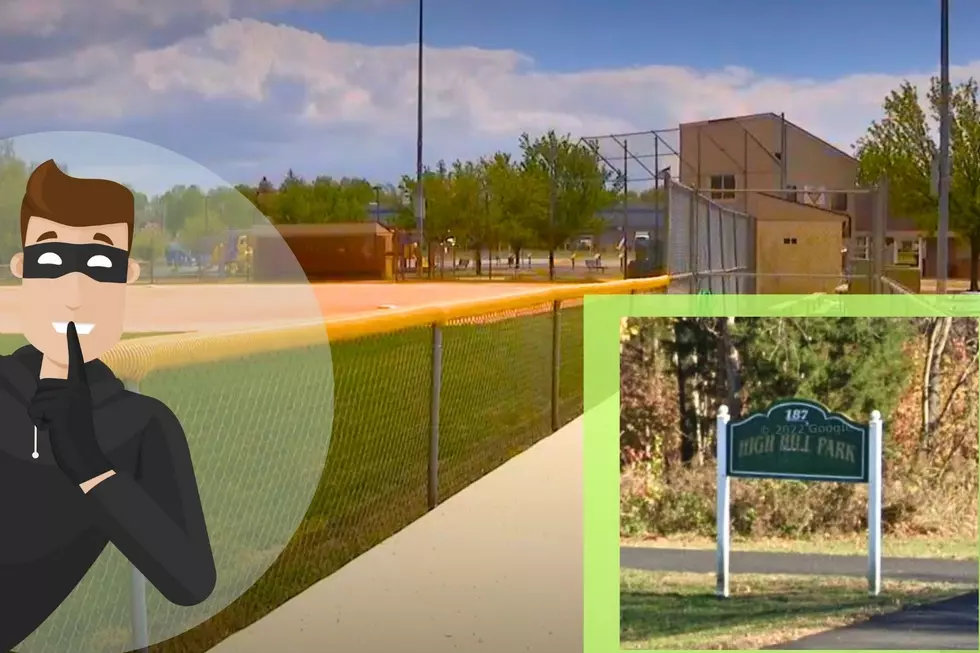
New Jersey Could See an Active Hurricane Season This Year
Federal forecasters are out with their predictions for the upcoming Atlantic hurricane season that begins June 1 and ends Nov. 31.
They say it could be above normal in terms of storm frequency.
Acting Administrator Ben Friedman of the National Oceanic and Atmospheric Administration says "there is the potential for a lot of Atlantic storm activity this year."
Friedman says factors include a weak or non-existent El Nino, near or above-average sea surface temperatures across the tropical Atlantic and the Caribbean, and an average or weaker-than-average vertical wind shear across that same region.
Lead NOAH Hurricane Forecaster Gerry Bell summed it all up: "Overall, the whole set of conditions that allow for hurricanes to form is more in place."
El Nino acts to suppress the Atlantic hurricane season. And it does so by increasing the wind shear, by creating more syncing motion in the atmosphere, and also increasing the atmospheric stability, which means it is much more difficult for these huge thunderstorm systems to develop. And it is those thunderstorm systems that ultimately could become the tropical storms and hurricanes.
The wind shear refers to how the wind speed and direction changes. It increases as you go up through the atmosphere. If the wind shear, wind speed and direction change a lot, that strong wind shear suppresses hurricanes. If there is relatively weak changes in wind speed and direction going up through the atmosphere, that is when these huge cloud systems can really strengthen and become the tropical storms and hurricanes.
So weaker wind shears favors more hurricanes, and of course warmer waters provides more fuel to the hurricanes. At the same time, when the tropical Atlantic is warmer than average, typically the trade winds are weaker than average, and overall the whole set of conditions that allow for hurricanes to form is more in place.
NOAA's advice? Be prepared.
"Be sure that you know your risk; that you create a family plan; update your emergency supply kits; and make sure that you have adequate flood insurance," National Weather Service Deputy Director Mary Erickson says.
"Just because it's not a major hurricane doesn't mean it's not dangerous; doesn't mean it's not deadly; doesn't mean that we don't need to be prepared for it," Ben Friedman added.
More From Cat Country 107.3






